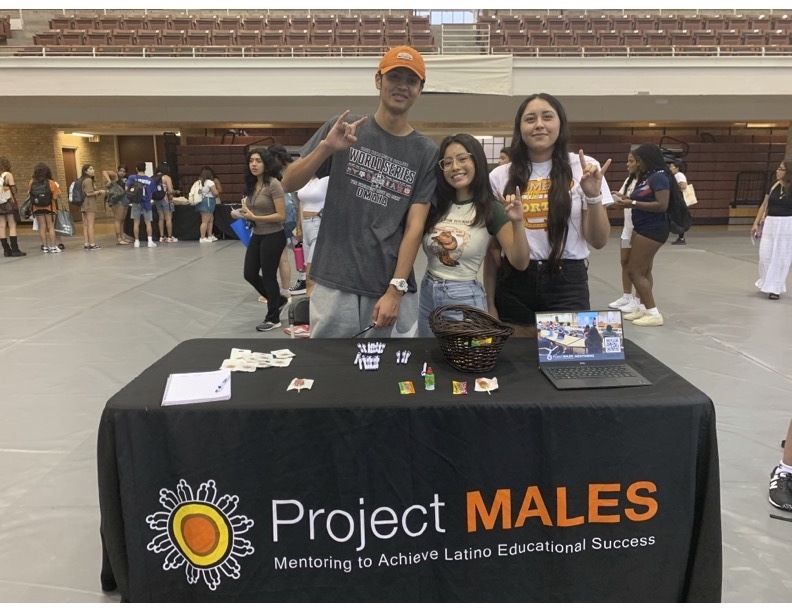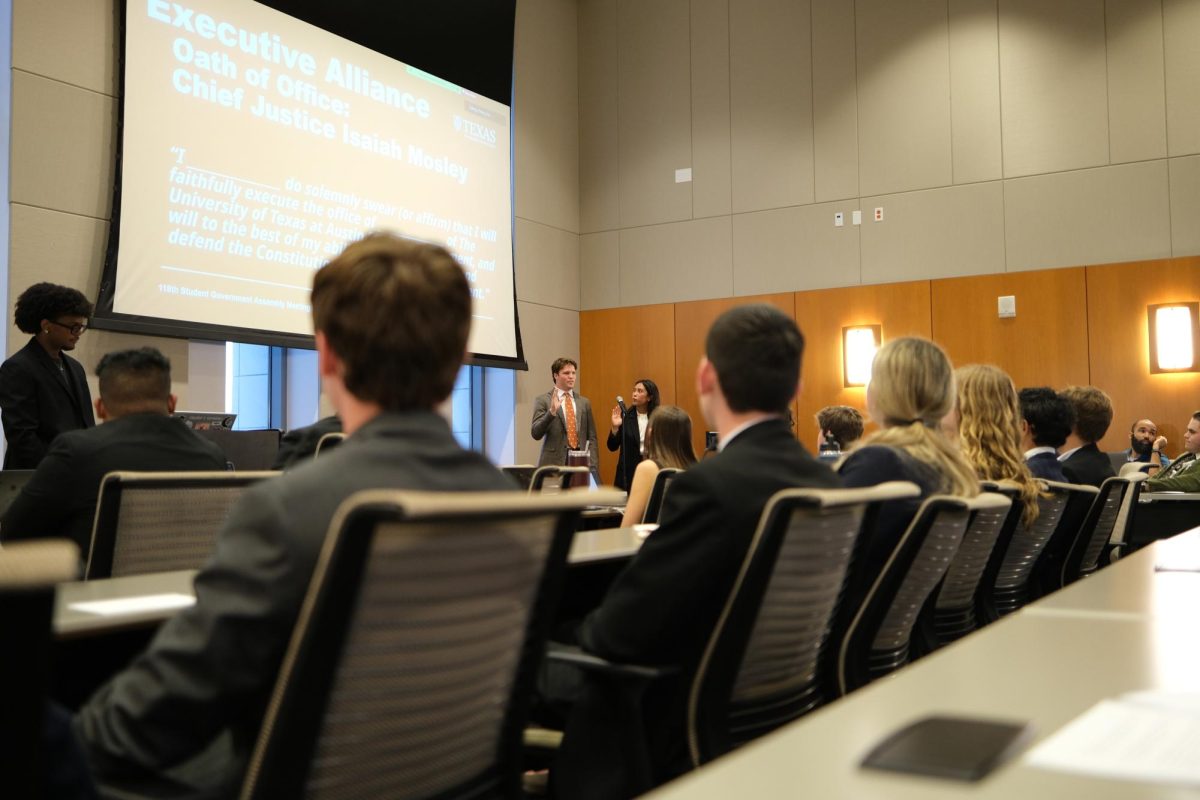Project MALES, an initiative dedicated to understanding and decreasing educational disparities for Latinx men through research and mentoring programs, left the Division of Campus and Community engagement on Jan. 31 to join the College of Education.
Project MALES, which stands for Mentoring to Achieve Latino Educational Success, addresses the gap in academic success for Latinx men across Texas. According to the U.S. Department of Education, Latinx men had the lowest associate’s degree attainment rate for men, at 20%.The project researches these disparities which allows them to improve their mentorship programs for high school and college students. Project MALES also hosts a UGS called “Latinx Males in K-12 and Higher Education: Challenges and Opportunities” and other events with monthly summits with students across Texas.
Project MALES director Emmet Campos said the DCCE focused more on advancing the project’s events, which limited the project from expanding their focus on research. Joining the College of Education under the Texas Center for Equity Promotion facilitates collaboration with researchers whose work aligns with Project MALES’ ideals.
While the office is still in the DCCE’s building, the project will move offices in the coming months, Campos said.
“We’re excited about the new opportunities to come,” Campos said. “It’s going to provide us with opportunities to collaborate with other professors and other researchers.”
Campos said the lack of research makes it more difficult to bridge the gap.
“There was a huge research gap in regard to Latinx males and why they were being outperformed by other groups,” Campos said.
Nolan Cabrera, a professor at the University of Arizona, is one of the 60 research collaborators across the nation with the project. For one of his research papers for the project, he studied the intersection of masculinity and education.
Cabrera said despite the fact that Latinx students graduate at lower rates, in some ways, their maleness is an advantage — something you would only find from looking at the intersection of the two.
In his research, Cabrera found that male privilege does benefit Latinx men, they still fall behind Latinx women. Understanding these realities can help researchers address these imbalances.
“Given issues of male privilege, this (imbalance) is not what you would expect to find,” Cabrera said. “We have to start asking ourselves, ‘why?’”
UT alumnus Alejandro Perez said he joined Project MALES to mentor other students. He also found himself being mentored by Campos and other professors in the project. Perez met with high school students once a week, giving them someone to trust who could help them navigate college admissions, SATs and even their high school sports teams.
“Not only are you introducing yourself to someone who wants to further their academic career, but you’re also seeing other people that were in the same position as you with your struggles,” Perez said. “It makes you feel like you can do it too.”













